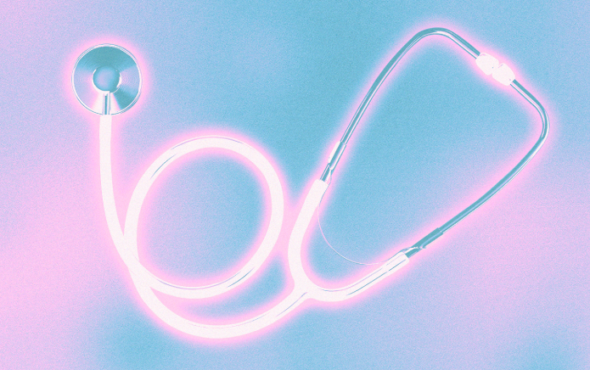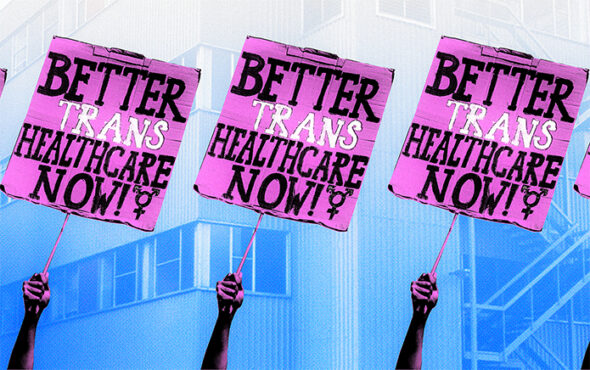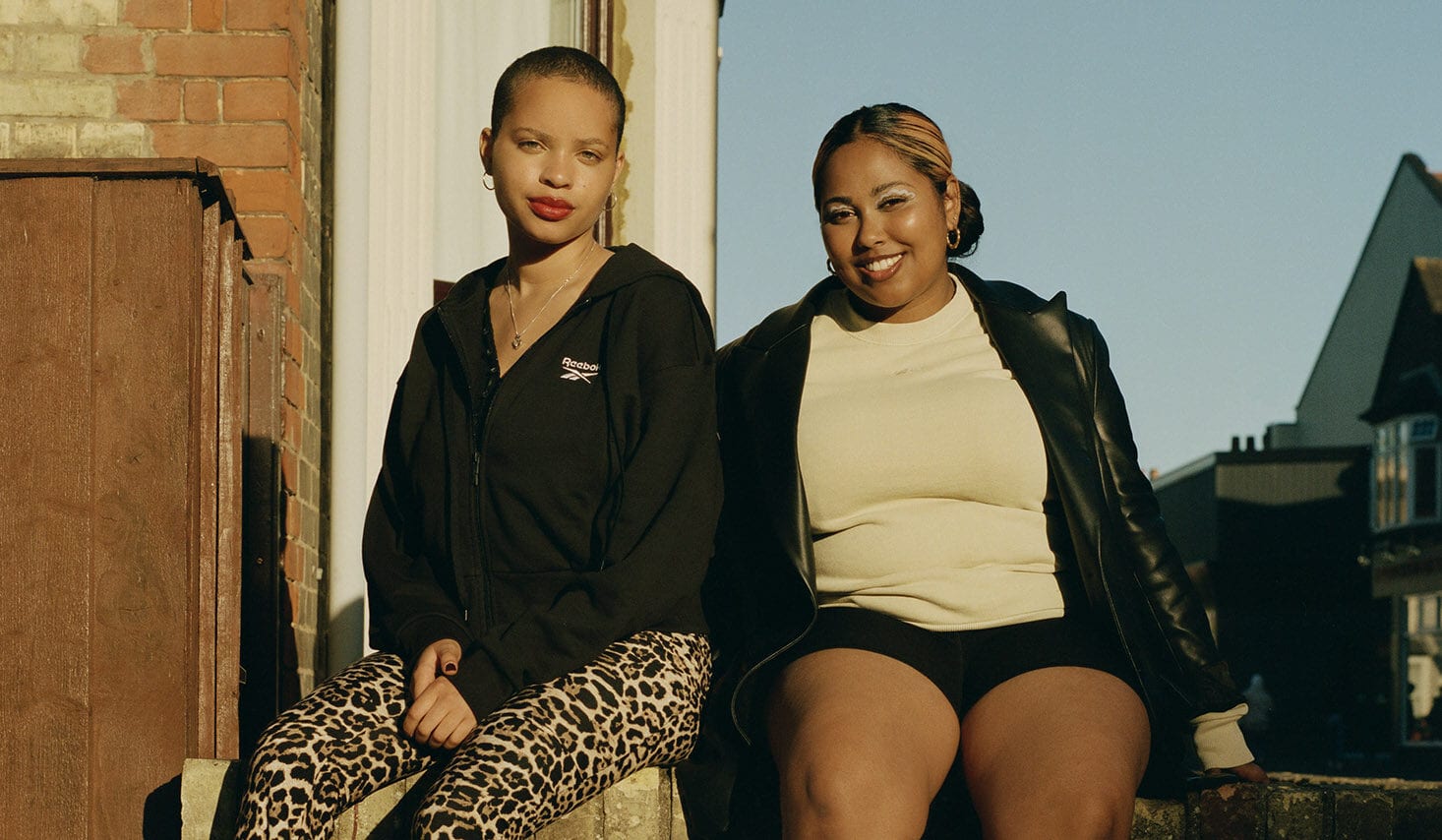
I’m a queer British Bangladeshi Muslim. Growing up in East London, living in some of the most diverse spaces in the UK, I’m used to being surrounded by people. Particularly within diaspora groups, community has been key as immigrant groups find their feet in hostile new environments. I was raised in a community where every adult, regardless of blood relation (or lack thereof), was my Auntie or Uncle. Ramadan was a flurry of colourful, heavily spiced community dinner parties; Eid always began with brunch at the home of one of my closest childhood friends; when there was a loss in the family, or the happy news of a birth or marriage, the porch would become a revolving door of family friends laden with syrupy sweets and ice cream boxes brimming with biryani. That’s not to say that it was perfect by any means. However, things always look better in hindsight.
I’m estranged and have been ever since I turned 18. My situation isn’t unique. Particularly for queer people of immigrant backgrounds, our cultural and religious heritages leave us falling through the cracks in an overwhelmingly white LGBTQ+ landscape. I’m now a 20 year old student at the University of Cambridge in my first year of reading English. Faced with an environment that seems so geared against me, spaces which cater specifically for my needs have been life-changing. More specifically, for me, this has involved being a part of my university’s society for LGBTQ+ students of colour, FUSE. Suddenly, I’ve had access to people with experiences just like myself. The society provides community in terms of club nights, but also provides pastoral care for students and emotional support, as well as fundraising for queer communities across the world.
I also work alongside my degree, freelancing as a journalist in my free time. My first commission was for gal-dem, a magazine for people of colour from marginalised genders. As I’m presented with awe-inspiring opportunities, such as the chance to be featured in this print edition of GAY TIMES, I’m acutely aware of the fact that I’d never have had the chance to do so if it wasn’t for people like the pioneering Liv Little, who identified the lack of representation in the industry and set up gal-dem. For groups that are consistently undermined and excluded, the spaces which cater specifically for us are pivotal in keeping us safe. I believe that journalism is all about telling stories, and want to use my work to continue telling the stories that go ignored so often.
Huss is a gay Egyptian artist. Although not bound by mediums, he mainly performs in installations created alongside audio and visuals to immerse his audience into snapshots of his life. Marginalisation as a result of his ethnic background has also been a major factor in his work. With his sexuality still a taboo in Egyptian culture, and his experiences shaped by his ethnicity, he exists at the intersection of different communities. “Community is important to me because it gave me a chosen family and opened so many doors for me,” he says. “It made me change the way I perceive so much, especially feeling like I did not really belong anywhere for years, even at an early age.”
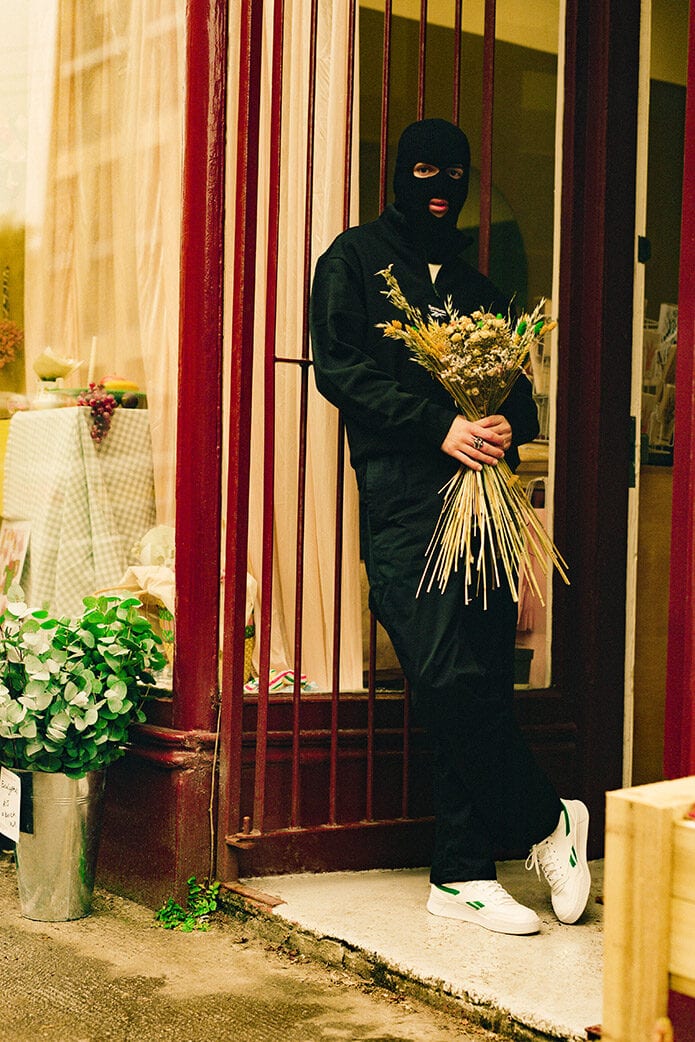
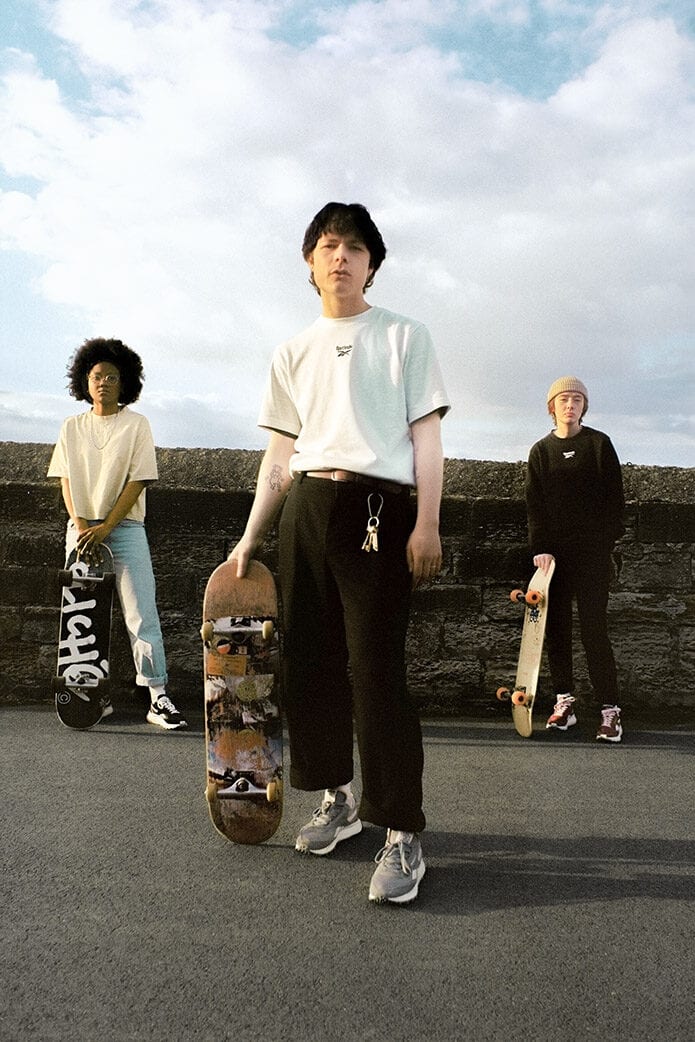
This lack of belonging has shaped Huss’ work. He says that his work focuses on vulnerability, particularly due to his own weakness in opening up about his emotions. “It always feels almost therapeutic to me and seeing people relate to it in so many different ways is a big reason [as] to why I continue to do this all,” he says.
Creating spaces for vulnerability and acceptance of queer people from a variety of backgrounds, particularly those that are underrepresented, silenced and censored, is a central goal of Huss’ work. “It’s always been important to me to transform the work I do into safe spaces for people who feel the same way I do,” he says. “Despite COVID taking away live performances from us, I used everything going digital to its advantage by opening up my work for collaboration – a space queer POC can come together, create, mourn and rant safely and freely. It’s so important to recognise communities that have no choice but to stay lowkey and it is also important to understand the circumstances but also recognise them and their talents.”
Jude is a non-binary filmmaker based in Edinburgh. Along with their friend Valia, they’ve recently been involved in setting up the Queer Skate Collective in their local area. The Collective is a sober, intersectional space, providing an alternative community to the gay nightlife that’s so popularly portrayed as an LGBTQ+ rite of passage in mainstream media.
“Skating is something I have only really begun to delve into; I am definitely not the best skater and I don’t really aspire to be,” they say. “I am drawn to it though, despite this, because I think skating is really less about how many tricks you know and more about how much fun you’re having.” To Jude, skating is all about freedom, meeting new people, and exploration. They say that it makes the sport a perfect combination of the things that they enjoy: “It is healthy, social, fun and I have found so many new friends and hidden places across the city. It is that lovely space where I could explore, support the community and learn a new skill, whilst honing my other creative design and communication skills.”
Running the Queer Skate Collective hasn’t come without its troubles. During lockdown, without the option of going out to meet one another, the group had to go online and find new ways of keeping their newfound community alive. “I find the power of mixing real physical sessions and building a strong and connected virtual community is such an exciting part of it,” they say. Despite the barriers they’ve faced, groups in other towns and cities are starting to emerge, inspired by what they’ve seen so far.
Jude believes that community is key in keeping individuals open-minded and understanding, gaining and building on a wealth of knowledge. Creativity has always been about building on old ideas and turning them into something new and wonderful, working collaboratively, which is a guiding principle for all three of us. Despite being from different subcultures or backgrounds, community always plays a pivotal role and needs to be kept alive.
All footwear and apparel worn by Jude, Mishti and Huss available to shop at reebok.co.uk.

